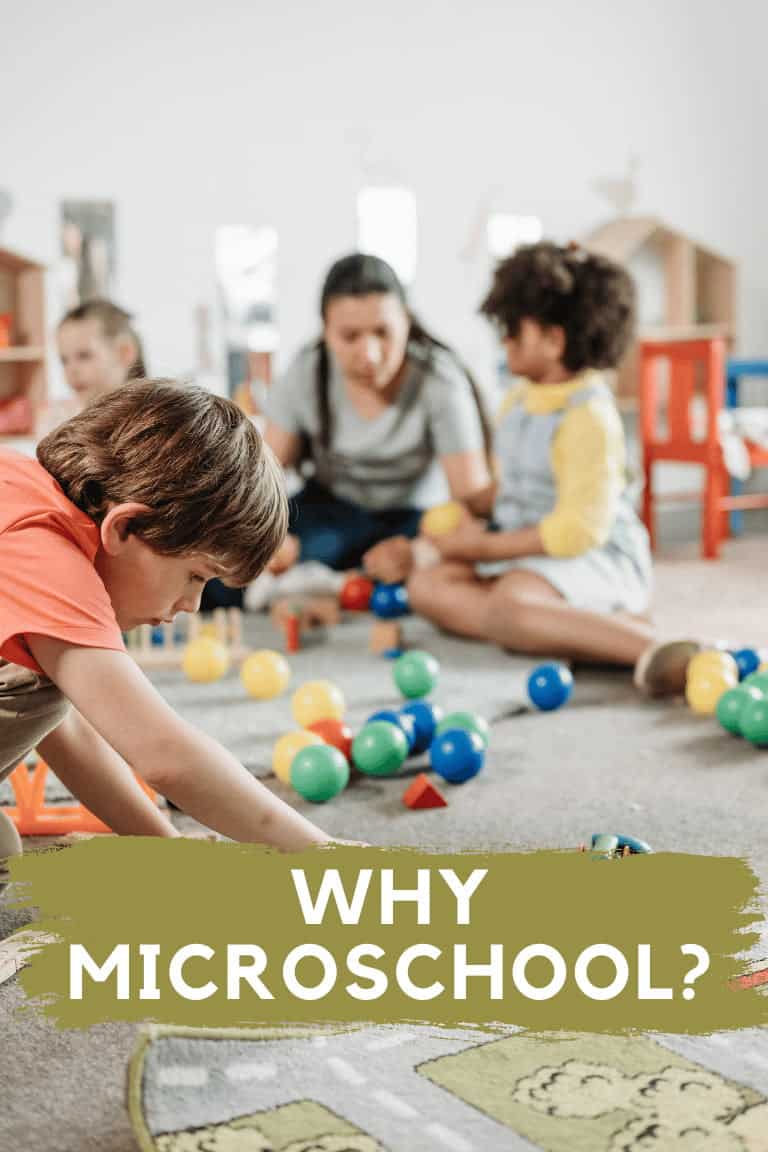In this blog post, we will explore five ways microschools provide educational options and why parents should consider sending their children to a microschool.
Microschools are fast becoming the preferred method for parents to educate their students.
In recent years, microschools have gained attention as a promising alternative to traditional education models, giving parents more educational options.
These small-scale, community-oriented schools offer a unique approach to learning, providing numerous benefits for students and their families.
Some advantages are personalized instruction, individualized attention, a flexible curriculum, strong community connections, and innovative teaching methods.
Personalized Education
Microschools prioritize personalized instruction, tailoring the learning experience to meet each student’s individual needs by individualizing their education.
With smaller class sizes, teachers can focus on the strengths, weaknesses, and learning styles of every student.
Outside of special education or private schools, parents haven’t had educational options that offer small classes and the ability to really get to know students.
This approach allows for customized instruction, pacing, and assessment, fostering a deeper understanding and mastery of subjects.
By addressing each student’s unique requirements, microschools ensure that students receive the necessary support to excel academically and develop their passions and talents.

Individualized Attention
One of the primary advantages of microschools is the abundant individualized attention provided to students. This makes them an excellent option for students with disabilities.
Teachers in microschools have the opportunity to build strong relationships with their students, understanding their personalities, interests, and learning preferences.
This deeper connection enables educators to provide targeted guidance, mentorship, and support. With personalized attention, students can overcome challenges, explore their interests, and reach their full potential.
The close teacher-student relationship also promotes a positive learning environment where students feel valued, understood, and motivated to succeed.
Mastery-Based Learning
Parents have few educational options that offer flexibility to design a curriculum that suits the specific needs and interests of their students. Microschool does just that.
Not being bound by standards, these schools can adapt the curriculum to provide a well-rounded education, incorporating real-world experiences, project-based learning, and interdisciplinary approaches.
This flexibility enables educators to nurture students’ creativity, critical thinking, and problem-solving skills.
Students have the opportunity to explore their passions, engage in hands-on learning, and pursue individualized projects, fostering a love for learning and a sense of ownership over their education.
Strong Community Connections
Microschools foster strong community connections that extend beyond the classroom.
With a smaller student population, students, teachers, and parents can develop close-knit relationships, creating a supportive and inclusive environment.
The sense of belonging and camaraderie in microschools enhances social-emotional development, building confidence, empathy, and cooperation among students.
Additionally, microschools often collaborate with local organizations, businesses, and experts.
Therefore, they are able to provide students with opportunities for mentorship, internships, and community involvement, further enriching their educational experience.
Innovative Teaching Methods
Microschools embrace innovative teaching methods that promote active and engaged learning.
Educators in these schools have the freedom to experiment with instructional approaches, integrating technology, project-based learning, and experiential activities into their teaching.
This hands-on approach captivates students’ interests and encourages critical thinking, problem-solving, and collaboration.
By incorporating innovative teaching methods, microschools prepare students for the rapidly evolving demands of the modern world.
It equips them with the skills and mindset necessary for success in the 21st century.
Microschools Providing Educational Options
Microschools provide educational options for parents seeking a personalized, student-centered approach to learning.
With their emphasis on personalized education, individualized attention, flexible curriculum, strong community connections, and innovative teaching methods, microschools offer a nurturing environment where students can thrive academically and personally.
Parents are discovering that the advantages of microschools are too good to pass up.
Would you consider sending your child to a microschool? Would you consider starting a microschool?
If you are interested in starting a microschool, Rebel Educator: Create Classrooms Where Impact and Imagination Meet is an excellent read about a mother who helped start a microschool to meet the needs of her child.
You might find the following articles interesting:

0 Comments